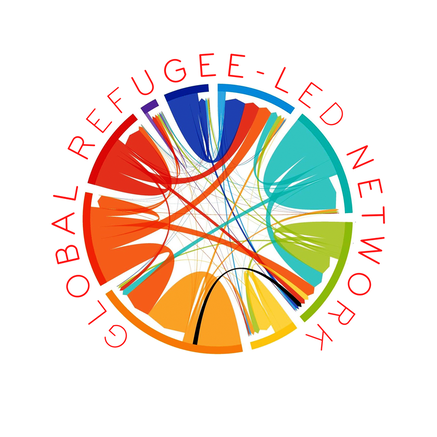|
Fill out the form below with any questions, comments, or concerns. Or, contact us directly at the email listed below.
|
Email: |
|
About Us
|
Global Refugee-led Network
The Global Refugee-led Network (GRN) is a network of refugee-led organizations in six regions, North America, Latin America, Europe, Africa, MENA and the Asia-Pacific. Born out of the first ever Global Summit of Refugees, which was attended by over 70 refugee leaders from 30 countries, members of the GRN have personal and professional contact with the global refugee crisis – they have refugee backgrounds and lead responses to address the challenges they, and their communities, face. GRN is governed by a steering committee, with representatives from six regions. Steering committee members represent the regional branches of the Network, which work autonomously under the umbrella of the GRN to shape local, national and regional policies. The GRN aims to provide a unique platform for refugees to connect, organize, and improve national, regional and global refugee policies for the better. |
|
Independent Diplomat
Independent Diplomat’s (ID) Refugee Project, "Participatory Policymaking - Empowering Refugees in the Diplomatic Process," aims to secure inclusion of refugees at all levels of policy and decision- making as a matter of practice and to ensure refugee representatives have the skills, tools and information to influence decision-making to their and their communities’ advantage. To do this, ID supports RLOs around the world to influence refugee policy at international, regional and local levels. Project activities center on providing information to RLOs on and access to key decision- making bodies and individuals; building skills (diplomatic, negotiation, communications) so that refugee representatives are equipped to transform access into policy change; and providing information, advice and analysis to ensure that refugees have the substantive advice that any policymaker should expect to be furnished with if they are to be effective (the kind of service that states have through their bureaucracies, but that RLOs do not). |
|
|

